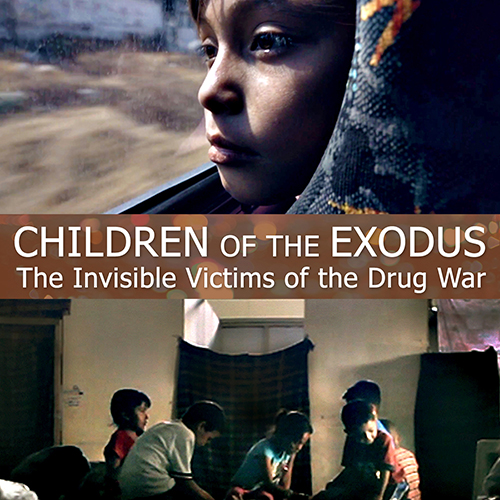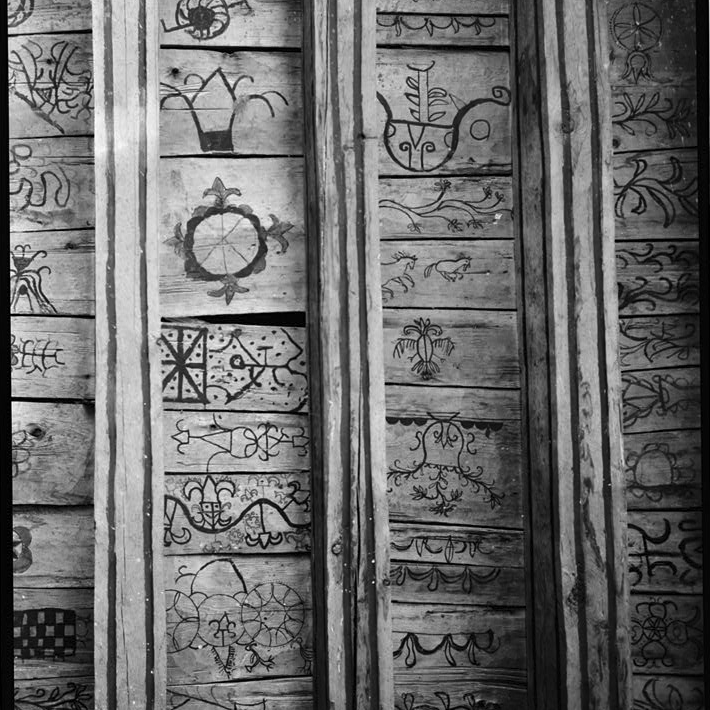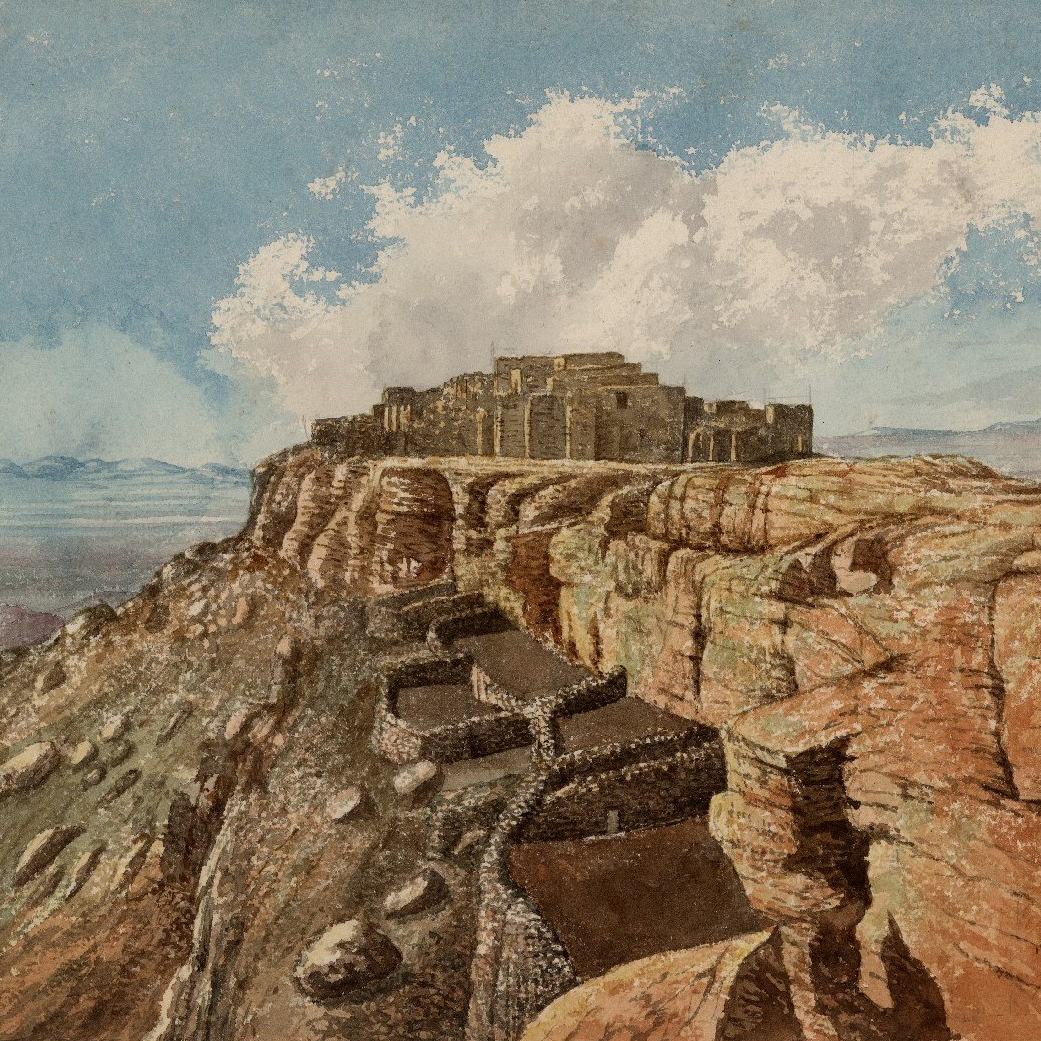September, 2022
Thursday, September 08, 2022 | 04:00 pm

Children of the Exodus Discussion
Kimberly Gauderman and Rebecca Kitson
Join us for a discussion with filmmaker, Wilma Gómez Luengo, on her latest production: Los niños
del éxodo (Children of the Exodus: The Invisible Victims of the Drug War). This event will include
the participation of Aída Silva Hernández (Universidad Autónoma de Baja California and El Colegio
Frontera del Norte), Kimberly Gauderman (UNM History), and Rebecca Kitson (UNM Law School). Please
note that we will be holding this event in Spanish and English.
Thursday, September 15, 2022 | 03:00 pm

Apply Your Skills to a Career in Diplomacy: Meet UNM Diplomat in Residence Antoinette Hurtado
Antoinette Hurtado
Are you interested in a career with global impact and adventure? Do you want to travel the world, learn new languages, and work on the most pressing international issues of the day? U.S. Department of State Diplomat in Residence for the southwest, Antoinette Hurtado, will visit UNM's campus to talk about State Department careers and student programs (internships, fellowships, study abroad scholarships) and share her story as a U.S. diplomat. Join the session to learn more and see if this might be the right path for you!
Thursday, September 15, 2022 | 03:00 pm

Food, Security, and Sustainability: "Soil, Struggle and Justice: Agroecology In The Brazilian Landless Movement"
Andreas Hernandez , UNM Sustainability Studies
This film examines a cooperative of the Brazilian Landless Movement (MST) in the South of Brazil, which struggled for access to land and then transitioned to ecological agriculture, or agroecology. This MST cooperative is demonstrating the possibility of an alternative model of flourishing rural life, which provides thriving livelihoods for farmers, produces high quality and low cost food for the region, and rehabilitates the earth. Introduction by Andreas Hernandez, Ph.D. Dr. Hernandez will moderate a discussion immediately following the screening.
Saturday, September 24, 2022 | 12:00 pm

LAII K-12 Resources Information Session
Join the LAII K-12 Educator Outreach team as we provide an overview of our various resources and services we offer to educators. Attendees will be entered into a raffle for an Office Depot gift card.
Tuesday, September 27, 2022 | 04:00 pm

What Was the FARC? The Colombian Guerrilla Dystopia 1948-2016
Les W. Field, Department of Anthropology, UNM in conversation with Felix Manuel Burgos, Department of Spanish and Portuguese, NYU
Media and often academic discourse about guerrilla movements in the 20th and 21st centuries typically flattens what are substantive differences between extremely diverse armed social movements. That diversity is present not only between the armed movements of Latin American and those of the Middle East, for example and perhaps most obviously, but within Latin America itself post World War II. US academic perspectives on Latin American guerrilla movements have been and in many ways continue to be shaped by Central American nationalist, anti-imperialist armed organizations such as the FSLN (Nicaragua), the FMLN (El Salvador) and the URNG (Guatemala), or by the leftist nationalist guerrillas of the Southern Cone, such as the Tupamaros (Uruguay) or the Montoneros (Argentina). Colombia’s FARC, which was founded in 1964 but was impelled by a chain of events that exploded in 1948 stands in substantive and stark contrast to any of these other guerrilla movements. The history of the FARC which as it had been configured since its founding came to an end in 2016 offers a window into a movement shaped by an oligarchic society, inspired by Stalinist interpretations of Marxism, and marked by a profoundly dystopian trauma at its very start.
Thursday, September 29, 2022 | 02:00 pm

Native Mesoamerican Settlers of Colonial New Mexico: Identity, Memory, Forgetting
Danna Levin Rojo , Universidad Autónoma Metropolitana-Azcapotzalco
Scholars have long debated the participation of Tlaxcalan Natives in the Spanish conquest and colonization of New Mexico, based on evidence concerning the Barrio de Analco de San Miguel, in Santa Fe, supposedly established by Tlaxcalan allies in 1609-1610. This presentation will discuss the possible presence of Otomís and other Mesoamerican Natives as frontier settlers in 17th to 18th century New Mexico, and the traces they may have left in the cultural heritage of several Indo-Hispano communities located north of Santa Fe. A piece of possibly important evidence for this hypothesis is the set of drawings that decorate the underside of the choir-loft of the chapel of San José de Gracia de las Trampas, which contain designs that resemble closely certain symbols typical of the Otomí syncretic Christian iconography used in 17th and 18th century chapels in the Mexican states of Hidalgo and Querétaro. Because colonial documents rarely recorded the provenance and ethnicities of non-Spanish members of colonizing parties, Otomí presence is very difficult to demonstrate. However, my research has explored other sorts of indirect evidence that I will present, together with a general reflection on what indigenous groups, local or Mexican, are generally considered part of the New Mexico Hispano cultural heritage, why some of them –like the tlaxcallans– are acknowledged and others are not.
Wednesday, November 02, 2022 | 04:00 pm

Indigenous Borderlands in North America Symposium
This symposium seeks to develop new borderland and border-crossing approaches to continental North America that center Indigenous peoples, homelands, political concerns, and related dynamics – temporally and spatially expanding borderlands frameworks.
